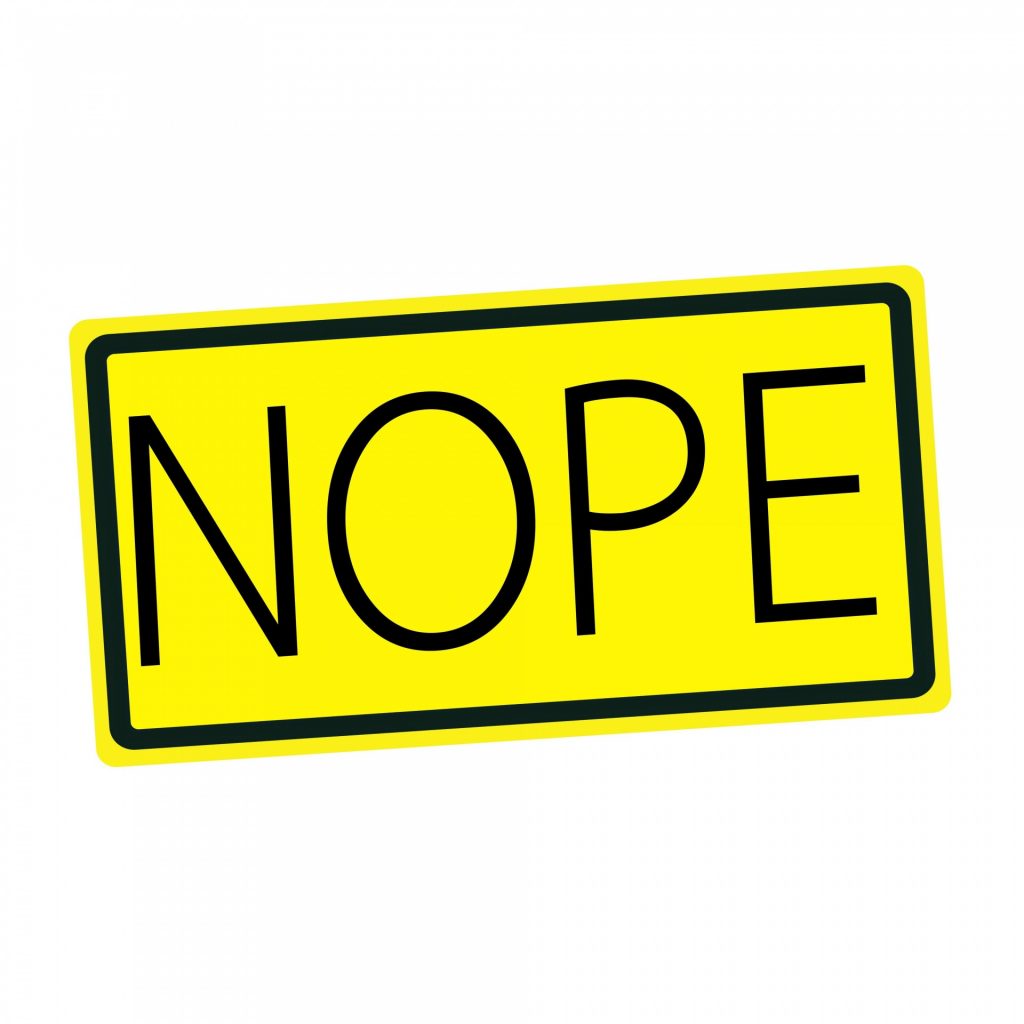Search
Can an employee fired for refusing a mandatory workplace vaccination collect unemployment?

Image Credit: Publicdomainpictures.net License: CC0 Public Domain
Nope.
Here’s why.
Generally, getting fired for intentionally violating a company’s rules or policies disqualifies that person from receiving unemployment compensation benefits. The burden is on the employer to show that the rule or policy exists, the employee knew about it and violated it anyway.
So, if an employer publicizes a mandatory vaccination policy and clarifies that the ramification for not get the jab is losing a job, then that employee should be disqualified from obtaining unemployment compensation benefits.
Although lawmakers in at least one state have proposed legislation to grant unemployment pay to employees who resign instead of getting a mandatory COVID-19 vaccine. The Governor will veto the bill.
That said, there are several actions that employers could take that may result in an employee collecting unemployment compensation. For example, firing a person out of work because the employer voluntarily closed or for lack of work due to a business slow down.
Then, there are other terminations where you’ll be lucky if all you receive is a claim for unemployment compensation:
- Firing employees for taking time off to test, quarantine, or isolate, with a medical note recommending that the employee take that time off because the employee had, or was likely to have, an infectious disease that may infect others at the employee’s worksite.
- Firing employees because they have COVID-19, especially when you allow other employees with other illnesses to take time off from work to recuperate.
- Firing employees for refusing to vaccinate notwithstanding the employees furnishing evidence of a medical condition or a sincerely held religious objection.
- Firing employees who complain about unsafe COVID-19-related working conditions.
But merely firing someone because they won’t follow a work rule — whether COVID-19-related or otherwise — generally disqualifies that person from collecting unemployment compensation.
 The Employer Handbook Blog
The Employer Handbook Blog


